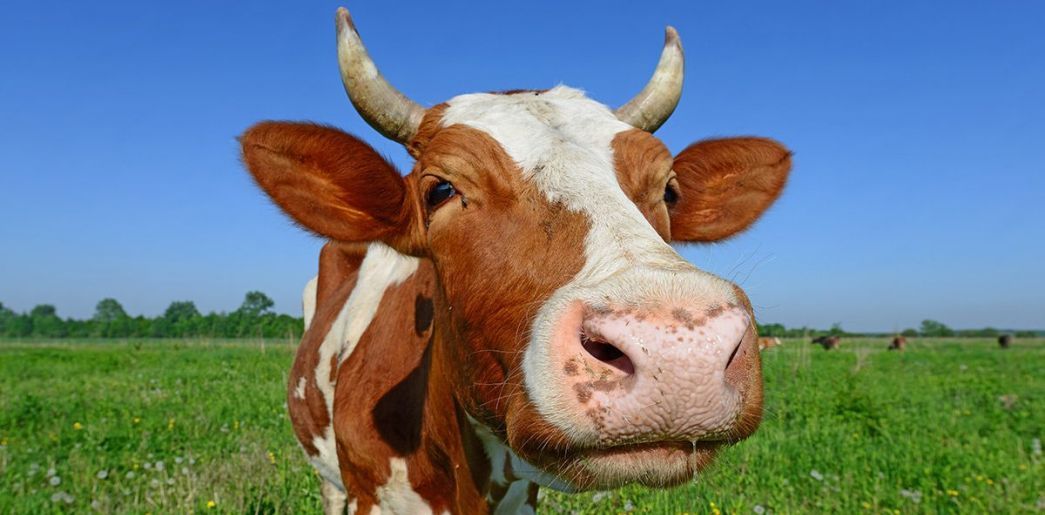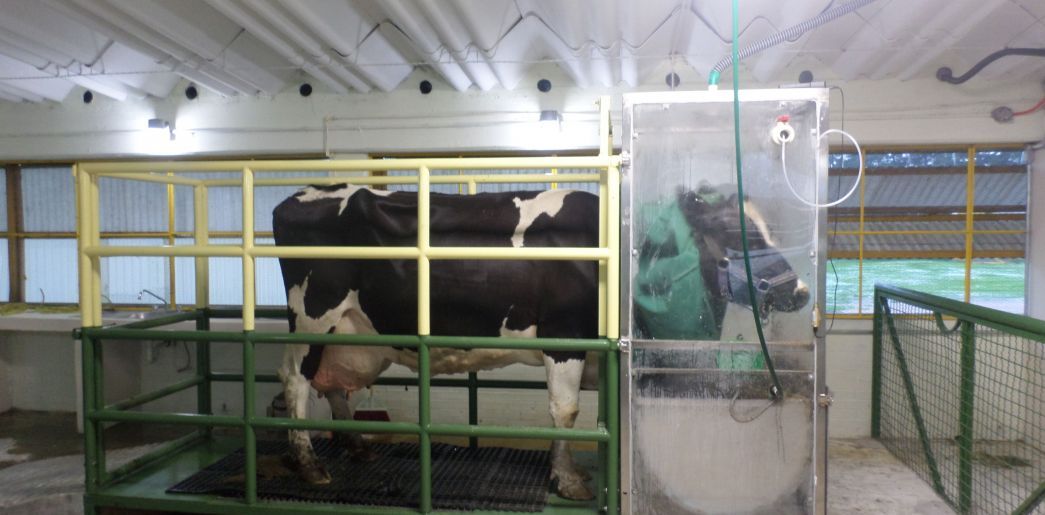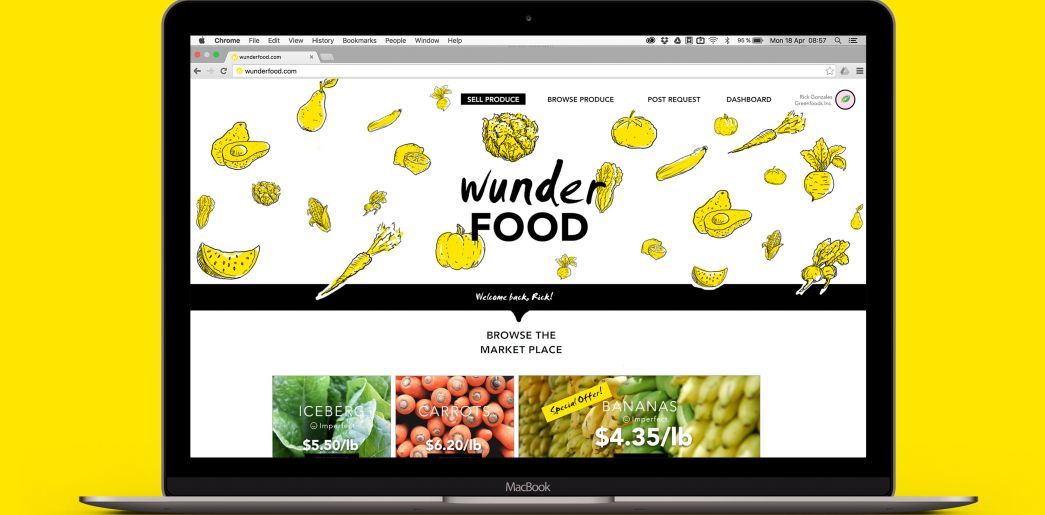AWARD YEAR
2017
CATEGORY
Community
GOALS
Climate Action
KEYWORDS
methane emmision , cow food , native plants
COUNTRY
Mexico
DESIGNED BY
Octavio Castelan and the team
WEBSITE
https://www.washingtonpost.com/news/speaking-of-science/wp/2016/12/23/scientists-are-trying-to-save-the-climate-from-toxic-cow-burps/?utm_term=.0177b272cd5b
Native plants as cattle food
Native plants as cattle food reduces the methane emission from the cattle by as much as a third.
United Nations estimated that 44 percent of the methane associated with human activity comes from the global livestock industry.
But atmospheric scientist Luisa Molina and veterinarian Octavio Alonso Castelan-Ortega think they have a solution. In a pilot study conducted at four sites in Mexico, they supplemented cows' diets with plants known to contain bacteria-killing tannins (the same bitter-tasting organic compounds found in coffee and tea). At the right dosage, these tannins disrupt the fermentation of methane-producing methanogens, without interfering with the rest of the cows' digestion. The plants were native to the regions where the study was conducted, so they were easy for farmers to acquire, and in some cases they even made the cows more productive. And they reduced the animals' overall methane emissions by as much as a third.






